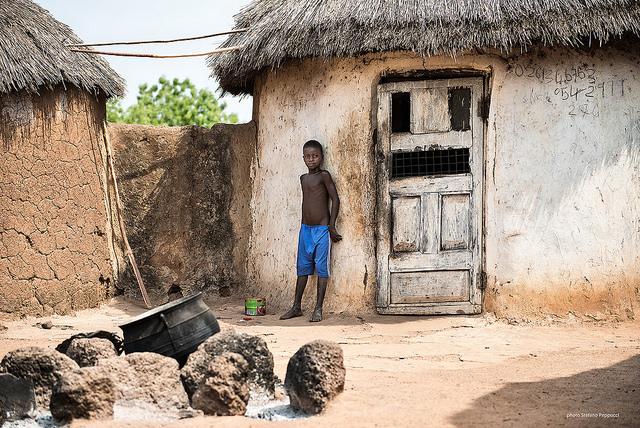The Link Between Poverty and Disabilities in Ghana
The relationship between poverty and disabilities in Ghana is a pressing concern that requires urgent attention. This connection often results in a vicious cycle that exacerbates the challenges faced by individuals with disabilities. As outlined in various studies, socioeconomic status can severely impact access to healthcare, education, and employment opportunities, thus perpetuating poverty.
Understanding Disabilities in Ghana
Disabilities in Ghana affect a significant portion of the population and come in various forms, including physical, intellectual, and sensory impairments. These disabilities can hinder individuals from fully participating in society, leading to social exclusion and marginalization. The stigma surrounding disabilities further complicates the integration of affected individuals into the community.
Poverty Rates and Their Impact
Poverty in Ghana has a direct impact on healthcare access, which is critical for individuals with disabilities. Many individuals living in poverty cannot afford the necessary medical treatments or assistive devices, limiting their ability to lead productive lives. Furthermore, inadequate healthcare facilities in rural areas make it even more challenging for people with disabilities to receive the care they need.
Barriers to Education and Employment
Education is a vital factor in breaking the cycle of poverty, yet many children with disabilities face barriers to accessing quality education. The lack of inclusive educational policies in Ghana means that schools are often ill-equipped to accommodate children with disabilities. This lack of access to education extends to employment opportunities, where individuals with disabilities frequently encounter discrimination, limiting their chances of securing jobs.
Government Initiatives and Support
The Ghanaian government has taken steps to address these issues through various policies and programs aimed at improving the lives of people with disabilities. However, there is still a significant gap between policy and practice, and many individuals remain unsupported. By fostering inclusive policies, the government can help to bridge the gap and provide meaningful opportunities for disabled individuals.
Community Involvement and Advocacy
Community organizations play a crucial role in advocating for the rights of individuals with disabilities in Ghana. These organizations raise awareness about the challenges faced by disabled individuals and work towards improving accessibility and inclusivity. By mobilizing communities, they can create a more supportive environment for those living with disabilities.
Conclusion
the link between poverty and disabilities in Ghana is evident and multi-faceted. Addressing this issue requires a collaborative effort between the government, community organizations, and society at large. For more detailed information on the conditions surrounding poverty and disabilities in Ghana, you can visit this resource.

